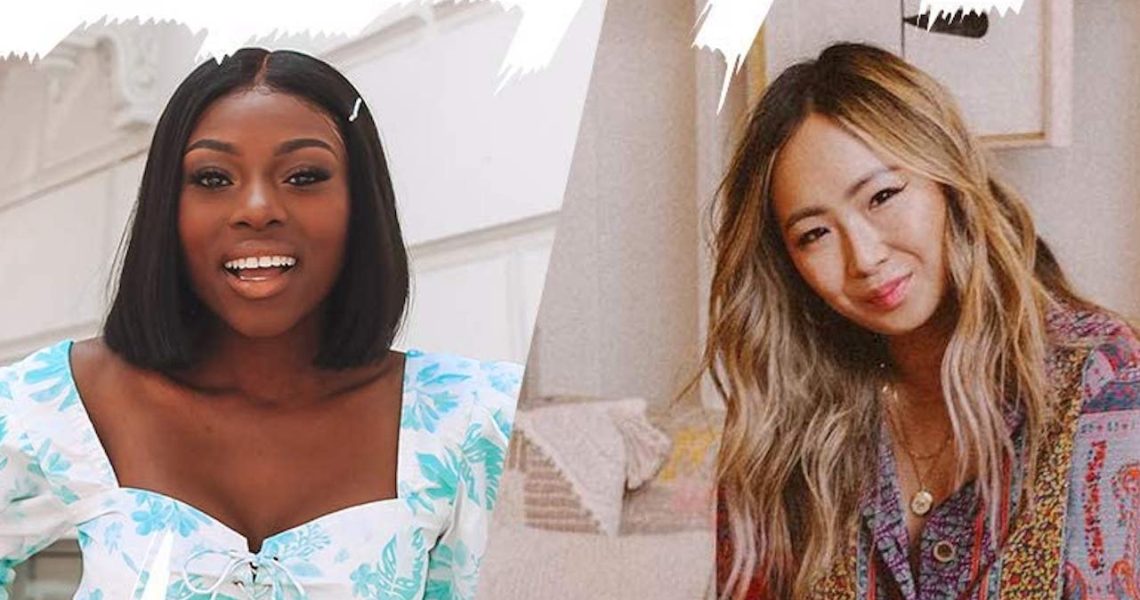Amazon’s fashion business is taking a hit. In mid-March the e-commerce giant suspended shipments of nonessential items to make way for medical supplies and household items. Currently, Amazon customers are experiencing shipping delays of as long as one month on nonessential items, including private-label apparel and other clothing.
Data from Marketplace Pulse shows Amazon searches for essential items are, understandably, spiking at the moment. Top searches include toilet paper, hand sanitizer, paper towels, puzzles for adults and masks. No apparel items made the 100-item list, which Kiri Masters, founder of digital agency Bobsled Marketing, said is atypical.
“In the past, you would see things like men’s white tees and some utilitarian clothing items. There’s currently nothing on here of that nature. Amazon, which is the everything store, is where people are going for household utilities. They are not searching for fashion items, and the apparel category is taking a huge hit here,” said Masters.
Over the last two years, Amazon has been ramping up its fashion business to compete with other big retailers like Target and Walmart, which have big private-label fashion portfolios, as well as up-and-coming direct-to-consumer companies.
Amazon rolled out its answer to influencer clothing collaborations, called The Drop, in June 2019. With The Drop, Amazon launches limited-edition collections every two to three weeks with different influencers. The collections are available for only 30 hours, or until they sell out. For these collaborations, pieces are usually trend-driven or tied to different season occasions like spring break or summer vacation. It’s unclear how Amazon will proceed with its drops, especially those tied to summer months, but at least one drop with influencer @somewherelately was postponed on March 16. The last collection to drop was Sai De Silva’s on March 5.
Consumers’ new focus on essential items combined with Amazon’s indefinitely delayed shipping of loungewear and other apparel is making room for DTC brands to gain some market share from the marketplace.
“Now is the opportunity for DTC brands to leverage best practices and take advantage of cost-efficient media opportunities. DTC fashion brands can explore building an emotional connection with their customers, where Amazon is somewhat limited in that aspect due to the size of the company compared to some competitors,” said Mark Zamuner, CEO of growth consultancy Two Nil.
Adore Me’s head of content, Ranjan Roy, said Amazon’s delay in shipping has opened a window for brands like Adore Me and other DTC players during this time. The company has seen an uptick in its try-before-you-buy service in the last month and has widened its return window from 30 days to 90 days.
“Now that [Amazon] can’t deliver everything in the world in one to two days, we are all reverting back to waiting for something we order, which for us has been an interesting discussion because we know we are never going to compete down to the second with Amazon. [Until now] trying to match Amazon on that front has been a fool’s errand,” said Roy. Adore Me’s standard shipping time is three to seven business days, after one to two business days of processing an order.
However, Amazon’s fashion business could still see a boost in the coming weeks when the nation starts to emerge from lockdowns and store closures. Roughly 10 million Americans have applied for unemployment in the last four weeks. And while reports state online shopping has spiked in the last few weeks, with stores closed, the next few months could lead to more consumers cutting back on spending and searching for more economical apparel options.
Amazon, with its 150 or so private-label brands, could be a top choice for shoppers down the line who are looking for on-trend products at an affordable price, said Masters. Plus, services like Amazon Live could see a spike in popularity with more people at home. Amazon launchd the feature Feb. 2019 as a competitor to other livestream video shopping services like QVC, and has been keeping up with fashion programming including segments dedicated to jewelry, essential shoes to own and top Amazon fashion finds.
“There are hundreds of these almost disposable brands that Amazon has; it’s been a huge experiment for them. When customers are potentially, in the near future, looking for value purchases, Amazon is a great place to go for all these no-name brands that are pretty cheap and come from a trusted source,” said Masters.




